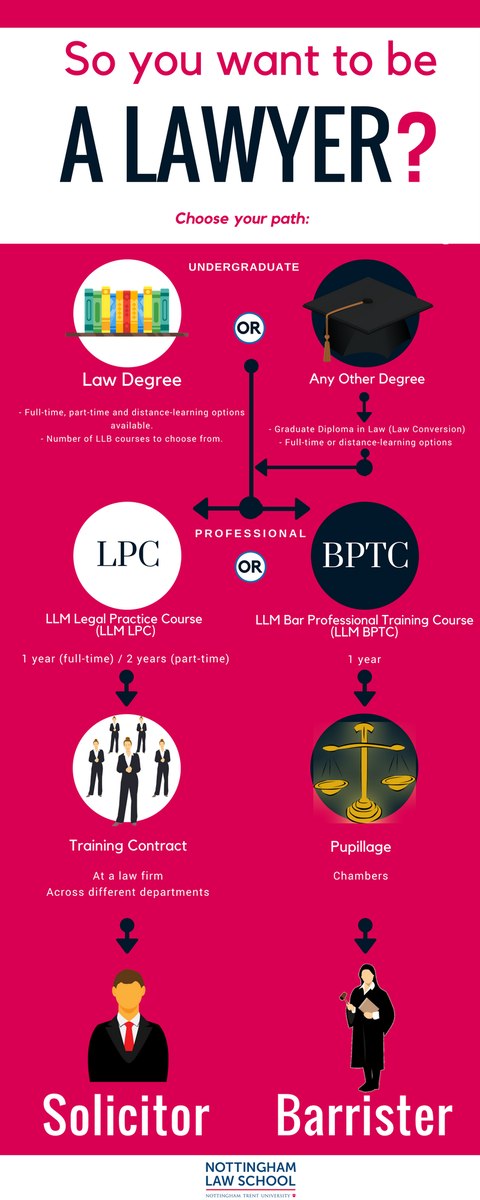Common Misconceptions Regarding Criminal Protection: Debunking Misconceptions
Common Misconceptions Regarding Criminal Protection: Debunking Misconceptions
Blog Article
Published By-Anker Kelleher
You've probably listened to the misconception that if you're charged with a criminal offense, you need to be guilty, or that remaining quiet means you're concealing something. These extensive ideas not just misshape public perception but can also influence the end results of legal process. It's important to peel off back the layers of misunderstanding to recognize the true nature of criminal defense and the rights it shields. Suppose just click the next webpage understood that these myths could be dismantling the extremely foundations of justice? Join the conversation and explore just how unmasking these myths is vital for making certain fairness in our lawful system.
Misconception: All Defendants Are Guilty
Commonly, people incorrectly believe that if somebody is charged with a criminal offense, they have to be guilty. You may assume that the lawful system is infallible, yet that's far from the fact. Charges can stem from misunderstandings, mistaken identifications, or not enough evidence. It's critical to remember that in the eyes of the law, you're innocent until tried and tested guilty.
This presumption of virtue is the bedrock of the criminal justice system. It guarantees that the burden of proof lies with the prosecution, not you. They should develop past a sensible uncertainty that you devoted the criminal offense. This high common secures people from wrongful sentences, making sure that no one is penalized based upon presumptions or weak evidence.
Moreover, being billed does not indicate completion of the road for you. You can defend yourself in court. This is where an experienced defense attorney enters into play. They can test the prosecution's situation, existing counter-evidence, and advocate on your behalf.
The intricacy of legal procedures often needs skilled navigation to guard your civil liberties and accomplish a reasonable end result.
Misconception: Silence Equals Admission
Many think that if you choose to remain silent when charged of a crime, you're basically admitting guilt. Nonetheless, Read the Full Piece of writing could not be even more from the fact. Your right to remain quiet is safeguarded under the Fifth Amendment to avoid self-incrimination. It's a legal safeguard, not a sign of guilt.
When you're silent, you're actually working out a fundamental right. This avoids you from stating something that could unintentionally harm your protection. Keep in mind, in the heat of the moment, it's very easy to get overwhelmed or speak wrongly. Law enforcement can translate your words in ways you didn't mean.
By staying quiet, you provide your attorney the best chance to safeguard you successfully, without the issue of misunderstood declarations.
In addition, it's the prosecution's task to prove you're guilty past a practical question. Your silence can not be utilized as evidence of shame. Actually, jurors are instructed not to interpret silence as an admission of guilt.
Misconception: Public Protectors Are Inefficient
The misunderstanding that public protectors are inadequate continues, yet it's crucial to recognize their important duty in the justice system. Several believe that because public defenders are typically strained with instances, they can't give high quality protection. Nevertheless, https://www.opb.org/article/2022/10/11/prosecutors-drop-charges-against-adnan-syed-the-subject-of-serial-podcast/ neglects the deepness of their devotion and knowledge.
Public defenders are fully accredited attorneys who have actually selected to focus on criminal regulation. They're as certified as personal lawyers and often extra seasoned in test work as a result of the quantity of cases they handle. You may think they're less motivated since they don't choose their customers, yet actually, they're deeply committed to the ideals of justice and equal rights.
It is necessary to remember that all lawyers, whether public or exclusive, face challenges and constraints. Public protectors typically collaborate with fewer resources and under even more stress. Yet, they continually show resilience and creativity in their protection strategies.
Their role isn't just a task; it's a goal to ensure that everyone, regardless of income, receives a fair test.
Conclusion
You could assume if somebody's charged, they should be guilty, but that's not exactly how our system works. Selecting to remain silent doesn't imply you're admitting anything; it's simply clever self-defense. And do not undervalue public defenders; they're dedicated specialists devoted to justice. Bear in mind, everyone should have a fair test and experienced depiction-- these are fundamental civil liberties. Allow's shed these misconceptions and see the legal system of what it genuinely is: a place where justice is sought, not just punishment gave.
